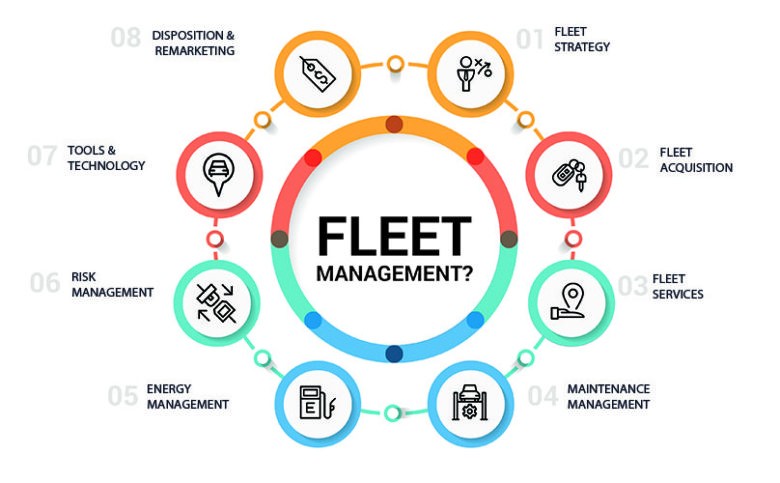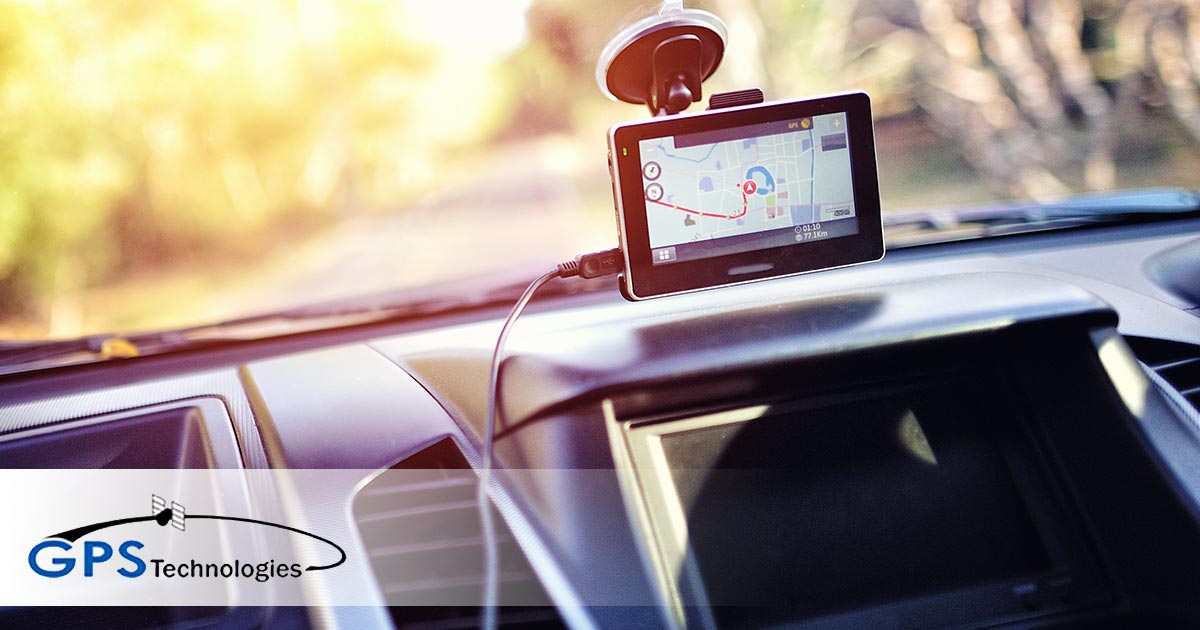8 Benefits of a Fleet Management Technology
There are few companies that have not considered in some way stepping forward in digital transformation and being more competitive in the sector in which they operate. One of the industries in which the new digital era is having a more disruptive impact is transportation — at the levels of manufacturers, operators, and users. This involves the connectivity of vehicles and the data they generate by applying fleet management technology in the overseeing of their fleet.
What Is Fleet Management Technology?
Fleet management systems are technological tools that allow the monitoring and control of fleets in charge of cargo transportation. Companies can easily, quickly, and efficiently know where their vehicles, operators and goods are.
As far as fleet management is concerned, these technologies are no longer just a GPS unit to track a vehicle at all times, or to identify a specific driver on all routes. This level of sophistication has already been achieved. Instead, the value that a connected technological device can give fleets goes beyond that data, thanks to the possibility of information extraction by the vehicle’s technical features, among other possibilities.
Almost all manufacturers already offer their own technological solutions, but for owners of large multi-brand fleets with different types of vehicles and machines, it is not feasible to have different data sources. For this reason, having a standardized and versatile solution is vitally important. With this technology, most owners can tell different things about the vehicle, which includes refueling, start and end times, incidents, etc. from a distance. These solutions are even integrated with different third-party business management systems. Fleet managers can now analyze battery degradation in an electric vehicle, discover engine errors before a serious breakdown, analyze consumption and activities, or control each delivery that is done.
Fleet Management:
Monitors the company’s vehicle using a specialized tracking system via the Internet. This helps the manager to know where the vehicle is, and in case there is an accident, the manager can send help to restore the vehicle so it can operate properly. This reduces possible delays.
Provides notification of status. The manager will receive different updates on the vehicle’s status. This would involve missed or late arrivals, speeding, longer than usual stops and unauthorized access.
Communicates with each driver. The manager can use technology to communicate by sending orders, instructions and messages to the driver concerning a possible change in route or information about the client.
Identifies locations that are useful to the customer and assesses the routes so efficiency can be improved.
Assesses driver’s behavior. The fleet manager needs this technology to problem-solve if the customer makes a complaint about the driver’s behavior. It also helps in gathering data about the driver’s speed, acceleration and braking, fuel consumption and even engine usage. With this information, managers can train drivers properly.
Plans routes. Technology helps fleet managers to plan the driver’s route to stay away from rush hour traffic and to avoid getting into traffic jams. This reduces the chance of arriving late.
Controls the way goods are stored and receives notification each time the driver opens the door of the vehicle.
Provides data on how many hours the driver worked, and the hours spent on the road. It helps to manage the driver’s productivity and rest time.

8 Benefits of Fleet Management Technology
Here are some of the major benefits of fleet management technology:
1. Knowing the exact position – The fleet management technological system is used to locate the vehicle at any point on the route. It is possible to know if the drivers comply with the planned route, if there are unexpected detours, and if the delivery times agreed with the customers are being met.
2. Control of the route and stops – Thanks to this technology, you can know the number and duration of the stops, where they happened and if any equipment was disconnected so as not to be tracked.
3. Instant alerts – Monitoring systems help protect company assets, merchandise, and drivers by using alerts that provide a warning when an emergency occurs such as a traffic accident or theft. In this way, companies can respond to eventualities much faster to help the people involved and re-schedule deliveries if necessary.
4. Transportation safety – While monitoring the vehicle, the control panel will notice if a vehicle goes off the planned route. In this case, you can try to contact the driver to check that everything is in order.
5. Generation of custom reports – With all the data collected by the system, some software offers the possibility of making reports with the information collected, which could include the routes taken, stays at each point, number of stops, alerts that were generated, etc.
6. Control of the entire fleet – It is no longer necessary to waste time on calls to know the position of each of the vehicles, to know if they reached the point, or to know if they are fulfilling the planning.
7. Improve customer service – With these systems, customers can also stay informed about the current status of their orders due to the possibility of being notified at all times if there was any delay.
8. Better resource planning – By knowing better the performance of the drivers and the fleet, you can efficiently plan the routes, the resources to use, and the actions to take. This way you will be optimizing processes and improving the quality of the service that is delivered.
Track Your Fleet Easily and Efficiently
A fleet manager without connected vehicles really does not know what is happening. It is important to be able to analyze the events that are recorded in your electronics to be able to work on them and be able to take a qualitative leap. This seems trivial, but in practice, it is difficult to achieve due to the complexity of the analysis of this information and its subsequent application. Knowing the events will allow you to know what type of technology to use, where resources should be utilized, and be able to measure the results.
One of the keys would be in how to transmit this information, shaping some very clear KPIs for improvement. In short, technology in all its aspects is only a tool to facilitate fleet management. The next step is to contact us at GPS Technologies today so that we can help you today.
Categorised in: GPS Monitoring Devices
This post was written by Malcolm Rosenfeld

